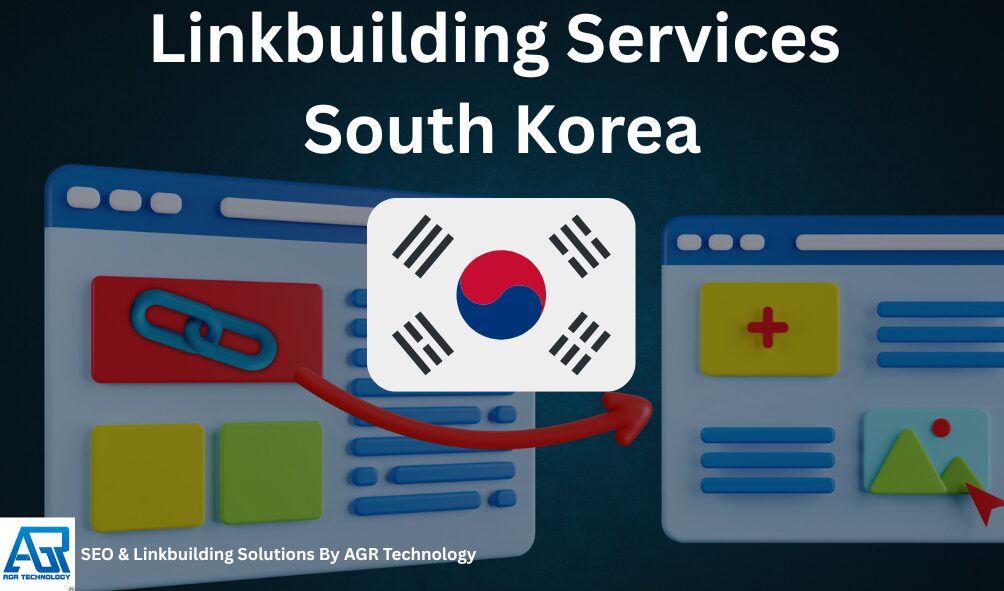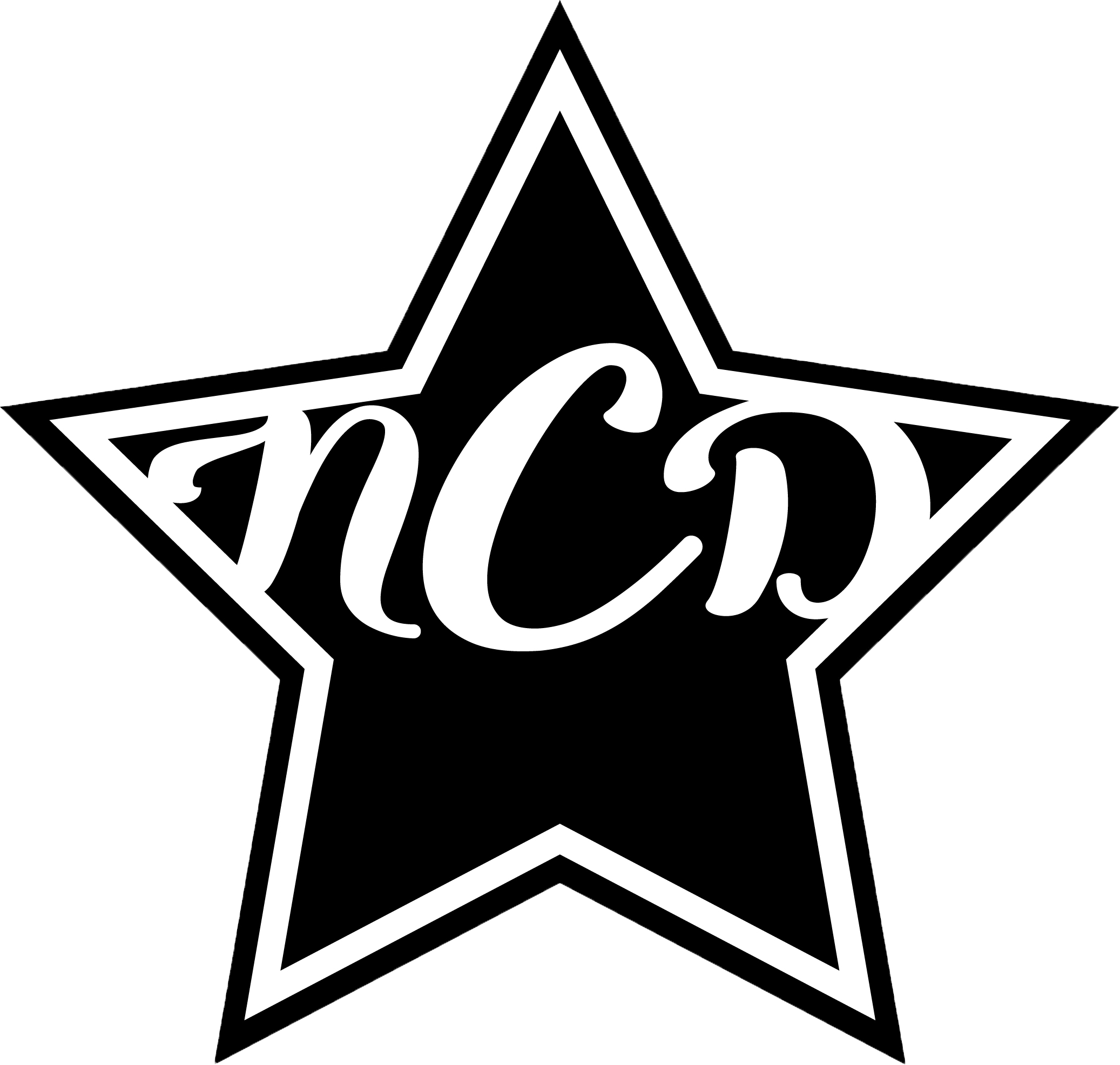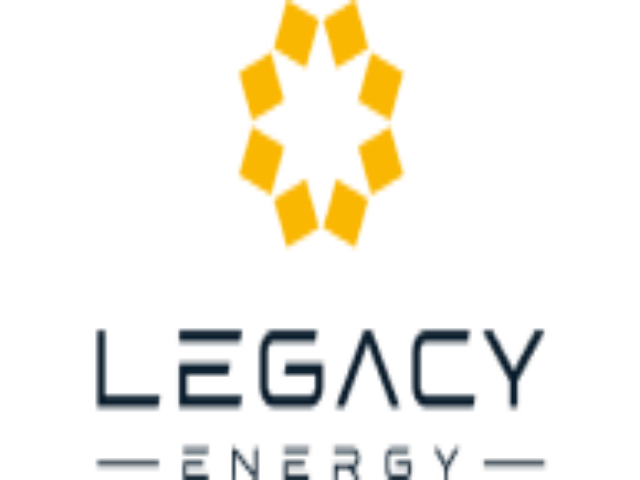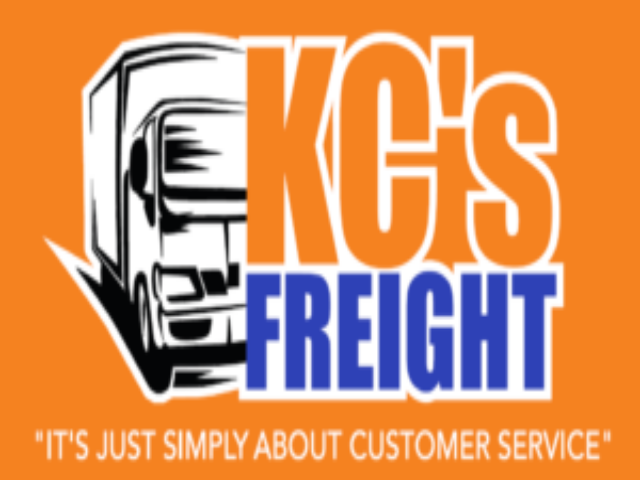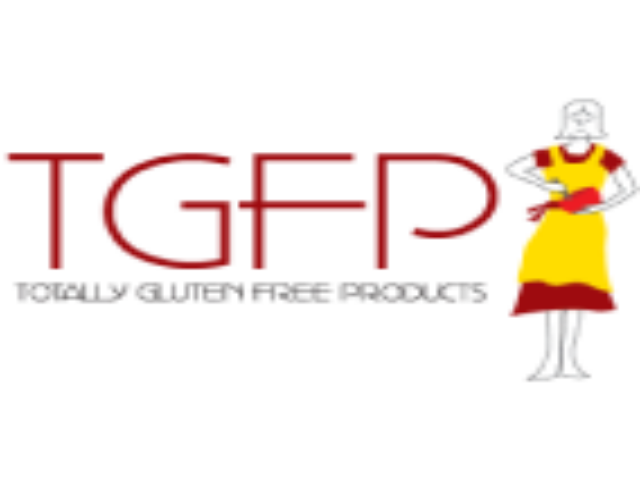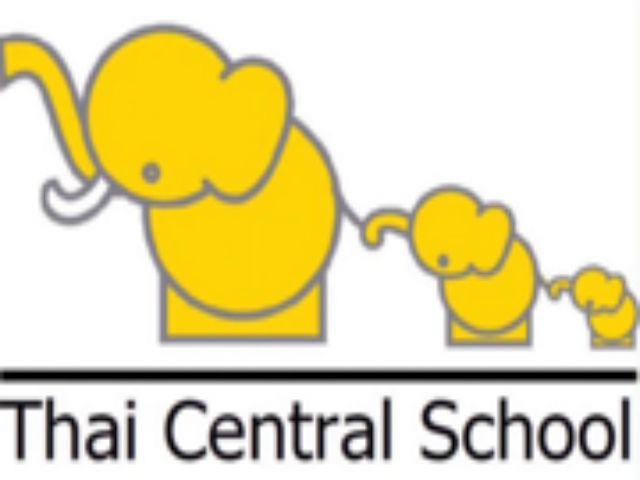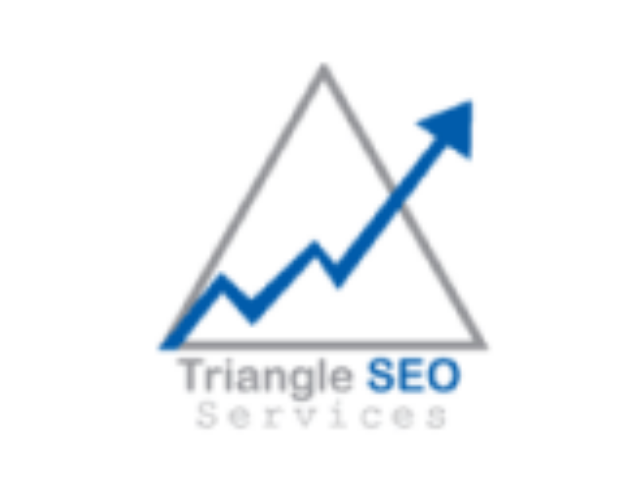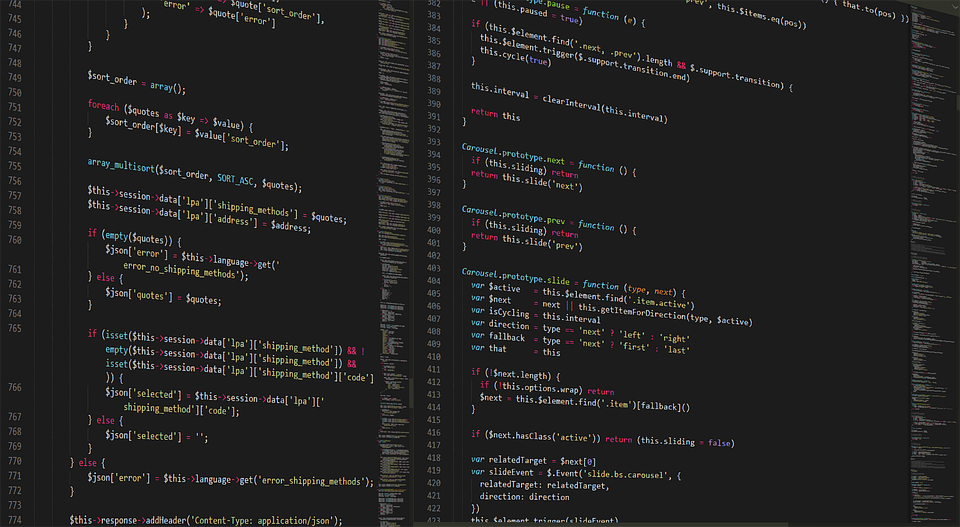Breaking into the South Korean digital market isn’t as simple as translating your website and hoping for the best. With one of the world’s most connected populations and a unique search ecosystem dominated by Naver alongside Google, South Korea presents both exceptional opportunities and distinct challenges for businesses seeking online visibility.
If you’re looking to establish a genuine presence in this market, linkbuilding isn’t optional, it’s essential. But not just any linkbuilding approach will work here. The Korean digital landscape operates on different rules, cultural nuances, and platform preferences that demand specialised strategies. At AGR Technology, we’ve helped businesses navigate these complexities and build authority in global markets through targeted linkbuilding services. Whether you’re entering this market for the first time or looking to strengthen your existing position, understanding how linkbuilding works in South Korea is your first step towards meaningful results.
Book a free consultation call with AGR Technology to see how we can help scale your brand with proven SEO strategies
Reviews from some of our happy customers:
Supporting businesses of all sizes to get ahead with digital solutions
Why work with us?
Understanding the South Korean Digital Landscape
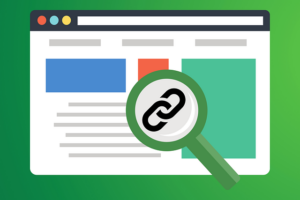
South Korea boasts an internet penetration rate exceeding 96%, making it one of the most digitally advanced nations globally. But what makes this market truly unique isn’t just connectivity, it’s how Koreans interact with the web.
Unlike most Western markets where Google reigns supreme, South Korea’s search landscape is split between Naver (holding roughly 50-60% market share) and Google (around 30-35%). This dual-platform reality fundamentally changes how linkbuilding needs to work. Naver operates more as a walled garden ecosystem with its own content platforms, Naver Blog, Naver Café, Naver Post, that heavily influence search rankings.
Korean users also demonstrate distinct online behaviour. They prefer detailed, image-rich content and place high value on community recommendations and reviews. Mobile usage is dominant, with over 70% of searches happening on smartphones. E-commerce is massive, social commerce through platforms like KakaoTalk is growing rapidly, and trust signals matter enormously.
For businesses, this means your linkbuilding strategy can’t simply be a copy-paste of what works in Sydney or New York. It needs to be built from the ground up with Korean digital culture in mind. The platforms that matter, the content formats that resonate, and the authority signals that search engines recognise are all different here.
Why Linkbuilding Matters for Korean Market Success

In South Korea’s competitive digital space, quality backlinks serve as votes of confidence that both search engines and users recognise. But linkbuilding and SEO Services here go beyond just metrics, it’s about establishing legitimacy in a market that’s naturally cautious about foreign brands.
Korean consumers conduct extensive research before making purchasing decisions. They look for social proof, read reviews, check multiple sources, and value recommendations from trusted platforms. When your business appears on respected Korean websites, news outlets, industry blogs, and community platforms, you’re not just improving search rankings, you’re building the credibility needed to convert visitors into customers.
From an SEO perspective, both Naver and Google factor link quality into their algorithms, though they weight different signals. Naver places particular emphasis on links from within its own ecosystem, Naver Blogs, Cafés, and verified knowledge platforms. Google, meanwhile, values traditional backlink metrics like domain authority and relevance, but with consideration for Korean language and regional factors.
The commercial reality is straightforward: businesses with strong Korean backlink profiles consistently outrank those without them. They appear in local search results, gain visibility in Naver’s integration features, and build the trust necessary to compete against established Korean brands. Without strategic linkbuilding, you’re essentially invisible to a market that actively looks for validation before engagement.
At AGR Technology, we’ve seen first-hand how the right linkbuilding approach transforms market entry efforts. Businesses that invest in authentic Korean link profiles can see improved search visibility, higher referral traffic from quality sources, and better conversion rates from Korean visitors who arrive with pre-established trust.
Unique Challenges of Korean SEO and Linkbuilding
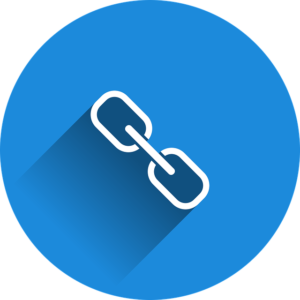
Language and Cultural Considerations
Language presents the most obvious barrier, but it runs deeper than translation. Korean SEO requires native-level fluency, not just in language, but in how Koreans search, what terminology they use, and what content formats they expect.
Machine translation won’t cut it. Koreans can immediately spot content that’s been poorly translated or written by non-native speakers, and it damages credibility instantly. Your linkbuilding content, whether it’s guest posts, press releases, or directory listings, needs to read naturally and demonstrate cultural awareness.
Cultural nuances matter too. Korean business culture values relationships, formality in certain contexts, and indirect communication styles. Content that works in more direct Western markets can come across as aggressive or inappropriate here. Understanding when to use formal versus casual language, how to structure arguments, and what topics resonate requires cultural insight.
Then there’s the matter of local relevance. Korean users favour content that references local events, trends, and concerns. A linkbuilding strategy that only talks about global perspectives without connecting to Korean context will struggle to gain traction or authority.
Naver vs. Google: Platform-Specific Strategies
This dual-platform reality creates complexity that doesn’t exist in most markets. You can’t optimise for one and expect success on both, they require distinct approaches.
Naver’s algorithm prioritises its own platforms heavily. Naver Blogs, verified by real user accounts and regularly updated, carry significant weight. Naver Cafés (community forums) with active membership provide valuable backlinks and social proof. Naver Post and Knowledge iN (their Q&A platform) offer additional linkbuilding opportunities. The challenge? These require ongoing participation and genuine community engagement, you can’t just drop links and disappear.
Naver also uses a “C-Rank” system that evaluates content quality and user engagement. Links from high C-Rank blogs and active community spaces matter more than dozens of low-quality directory links. Building relationships with influential Korean bloggers and community managers becomes essential.
Google’s approach in Korea follows its global algorithm but with local signals factored in. It values traditional metrics, domain authority, relevance, anchor text diversity, and natural link profiles. But, it also recognises Korean language content and regional domains (.kr) as local authority signals.
The practical reality? Effective Korean linkbuilding requires a split strategy. We allocate resources to both platforms based on where your target audience searches and what your competition is doing. For B2C businesses, Naver often matters more. For B2B or technical industries, Google might be the priority. Most businesses need both.
Types of Linkbuilding Services Available in South Korea
Guest Posting and Content Partnerships
Guest posting on respected Korean blogs and industry websites remains one of the most effective linkbuilding methods. The key is finding platforms that align with your industry and have genuine readership, not link farms masquerading as legitimate sites.
We work with a network of verified Korean publishers across industries like technology, fashion, food, travel, business, and lifestyle. These partnerships allow us to place high-quality, Korean-language content that provides real value to readers while including natural links back to your site.
Content partnerships go further, creating ongoing relationships with Korean influencers, bloggers, and media outlets. These might involve collaborative content series, expert commentary, or resource sharing that generates multiple link opportunities over time.
The content itself needs to be genuinely useful, how-to guides, industry insights, case studies, or trend analysis that Korean readers actually want to consume. Thin content designed purely for links will fail on Naver’s quality filters and damage your reputation.
Directory Submissions and Local Citations
While directory links are less powerful than they once were, strategic submissions to quality Korean business directories still provide value, particularly for local SEO and brand discovery.
We focus on directories that Korean users actually reference: industry-specific listings, regional business directories, and verification platforms that establish legitimacy. This includes getting your business listed on Korean map services (Naver Map, Kakao Map), review platforms, and industry associations.
Local citations, consistent mentions of your business name, address, and contact details across Korean websites, help establish geographic relevance if you have a physical presence in South Korea or target specific Korean regions.
The submission process requires Korean business documentation and verification in many cases. We handle these requirements, ensuring your listings are complete, accurate, and optimised for Korean search behaviour.
Digital PR and Media Outreach
Securing coverage in Korean media outlets, online news sites, industry publications, and trade magazines, provides some of the highest-quality backlinks available. These links carry authority, drive relevant traffic, and significantly boost brand credibility.
Our digital PR approach involves identifying newsworthy angles that resonate with media interests, crafting press releases in proper Korean format, and leveraging relationships with journalists and editors who cover your industry.
This might include product launches, company milestones, industry research, expert commentary on trending topics, or partnerships with Korean organisations. The key is making your story relevant to Korean audiences and media priorities, not just republishing global press releases.
Media links also tend to be more permanent and less likely to be removed, providing long-term SEO value that accumulates over time.
Best Practices for Effective Korean Linkbuilding
Success in Korean linkbuilding requires following practices that align with both search engine requirements and cultural expectations.
Prioritise quality over quantity. A single link from a respected Korean news site or high-traffic Naver Blog outweighs dozens of directory listings. Focus your resources on securing meaningful links from authoritative sources.
Maintain content quality. Every piece of content created for linkbuilding should provide genuine value. Korean users are sophisticated and can spot low-effort content immediately. Invest in well-researched, professionally written Korean content that serves the audience first, with links included naturally.
Build relationships, not just links. Korean business culture values long-term relationships. Rather than one-off transactions, cultivate ongoing partnerships with Korean publishers, bloggers, and media contacts. These relationships become more valuable over time.
Diversify your link profile. A natural backlink profile includes links from various sources, blogs, news sites, directories, social platforms, forums, and industry sites. Avoid patterns that look manipulative, like getting all your links from the same type of source with identical anchor text.
Use natural anchor text. Over-optimised anchor text can trigger spam filters. Mix branded anchors (your company name), generic anchors (“click here,” “read more”), and natural variations of your keywords. In Korean, this means using different phrasings and sentence structures.
Monitor Naver’s guidelines. Naver actively updates its policies on acceptable linking practices and content quality standards. Stay informed about these changes and adjust your approach accordingly. What worked last year might not work now.
Engage with communities authentically. If you’re building links through Naver Cafés or community platforms, participate genuinely. Answer questions, provide value, and become a recognised community member before promoting your content or links.
Mobile optimisation is non-negotiable. With most Korean users searching on mobile devices, ensure that both your site and any content you create for linkbuilding is mobile-friendly. Poor mobile experience undermines the value of links you acquire.
Track and audit regularly. Monitor your backlink profile using tools that work for Korean domains. Identify and disavow any spammy links that appear. Regular audits prevent link quality degradation and identify new opportunities.
Conclusion
South Korea’s digital market offers enormous potential, but success requires more than standard SEO tactics. The unique combination of Naver’s dominance, distinct cultural expectations, and sophisticated user behaviour means your linkbuilding approach needs to be specifically designed for this market.
Quality linkbuilding in South Korea builds more than just search rankings, it establishes the credibility and trust necessary to compete in a market that values validation and social proof. From guest posting on respected Korean blogs to securing media coverage and engaging with Naver’s ecosystem, each link contributes to your broader market presence.
The challenges are real: language barriers, cultural nuances, platform-specific requirements, and the need for authentic community engagement. But these same challenges create opportunities for businesses willing to invest in proper Korean linkbuilding strategies.
If you’re serious about succeeding in South Korea’s digital market, your linkbuilding strategy is too important to leave to chance. We’d welcome the opportunity to discuss your goals and show you how our Korean linkbuilding services can establish the foundation for your market success.
Ready to build your Korean market presence? Contact AGR Technology today to discuss a linkbuilding strategy tailored to South Korea’s unique digital landscape. Let’s turn visibility into opportunity.
Frequently Asked Questions
What makes linkbuilding services in South Korea different from other markets?
South Korea’s linkbuilding requires strategies for both Naver and Google, native Korean content creation, and engagement with unique platforms like Naver Blog, Naver Café, and KakaoTalk. Cultural nuances and relationship-building are essential for success in this market.
How long does it take to see results from Korean linkbuilding services?
Initial improvements typically appear within 2-3 months, but significant results emerge over 6-12 months as your link profile matures. Korean SEO is a medium-to-long-term investment that builds authority gradually.
Why is Naver important for linkbuilding in South Korea?
Naver holds 50-60% of South Korea’s search market share and prioritizes its own ecosystem—Naver Blogs, Cafés, and Posts—heavily in rankings. Quality links from these platforms are essential for visibility among Korean consumers.
Can I use machine translation for Korean linkbuilding content?
No, machine translation damages credibility instantly. Korean users immediately recognize poorly translated content. Native or fluent Korean speakers are necessary to create culturally appropriate content that resonates with local audiences and passes quality filters.
What is the cost of professional linkbuilding services in South Korea?
Costs vary based on scope, target platforms, and link quality. Professional services typically charge based on the number and type of links acquired, with premium placements on major Korean news sites costing more than directory submissions.
How do you measure the ROI of Korean linkbuilding campaigns?
Success is measured through search rankings on Naver and Google, organic traffic from Korea, referral traffic quality, domain authority improvements, conversion rates from Korean visitors, and increased brand mentions in Korean digital spaces.

Alessio Rigoli is the founder of AGR Technology and got his start working in the IT space originally in Education and then in the private sector helping businesses in various industries. Alessio maintains the blog and is interested in a number of different topics emerging and current such as Digital marketing, Software development, Cryptocurrency/Blockchain, Cyber security, Linux and more.
Alessio Rigoli, AGR Technology
![logo-new-23[1] logo-new-23[1]](https://agrtech.com.au/wp-content/uploads/elementor/thumbs/logo-new-231-qad2sqbr9f0wlvza81xod18hkirbk9apc0elfhpco4.png)
